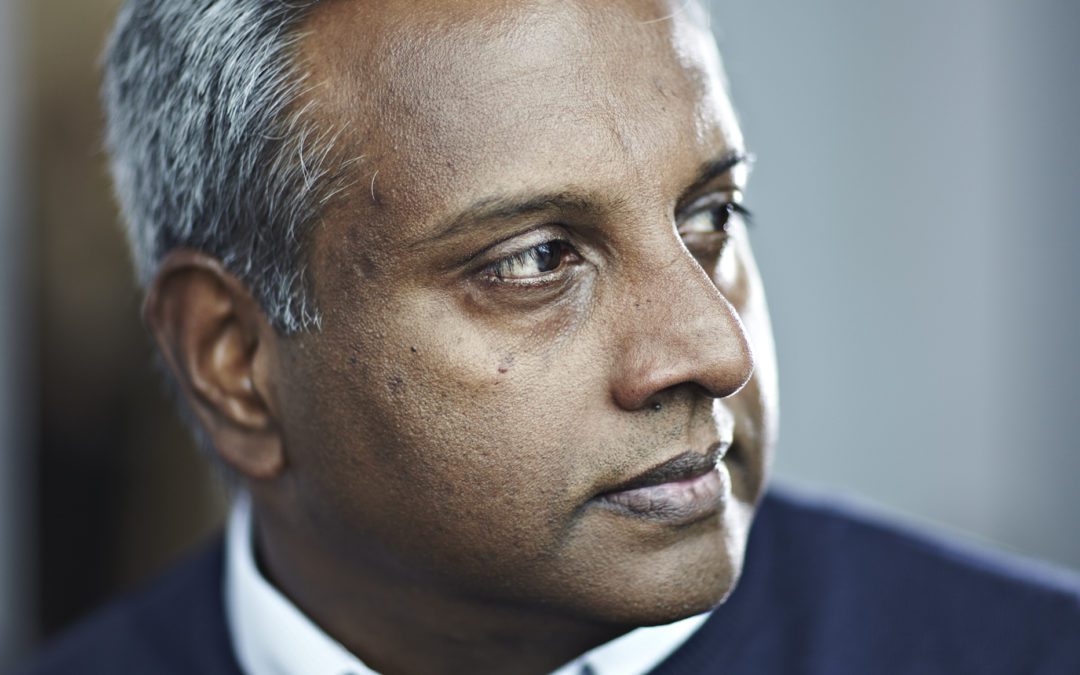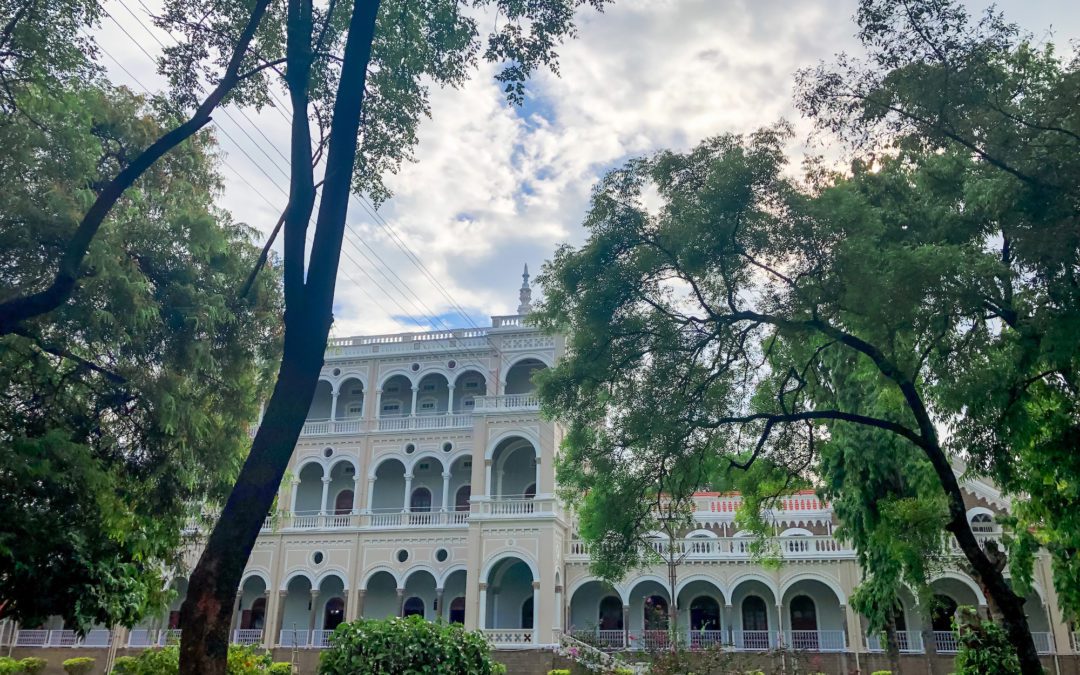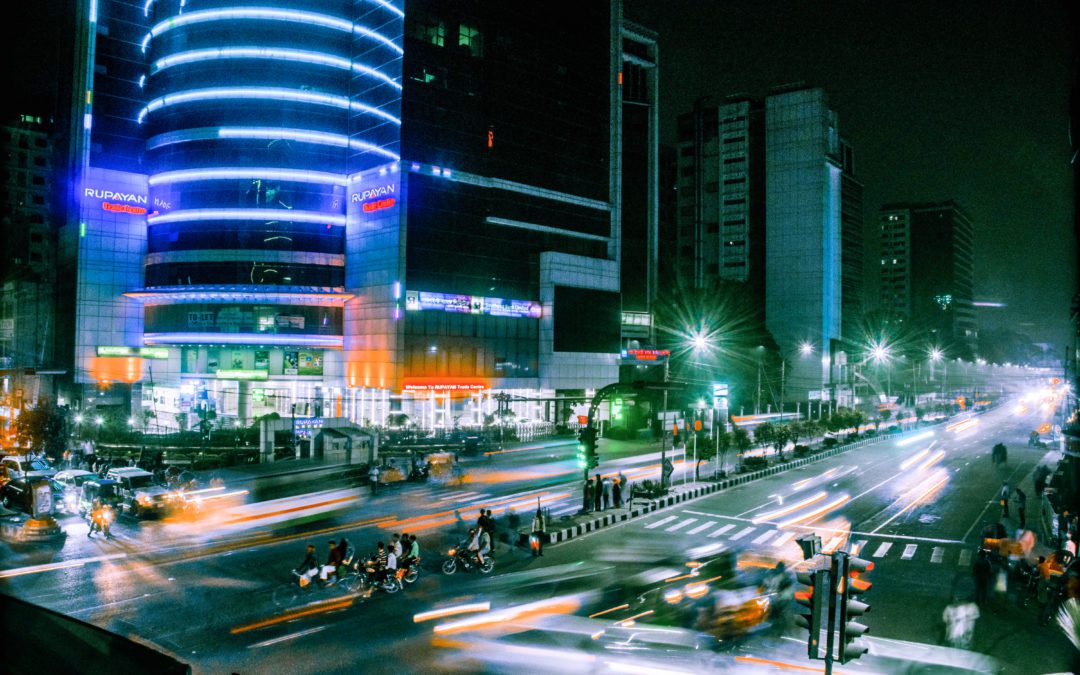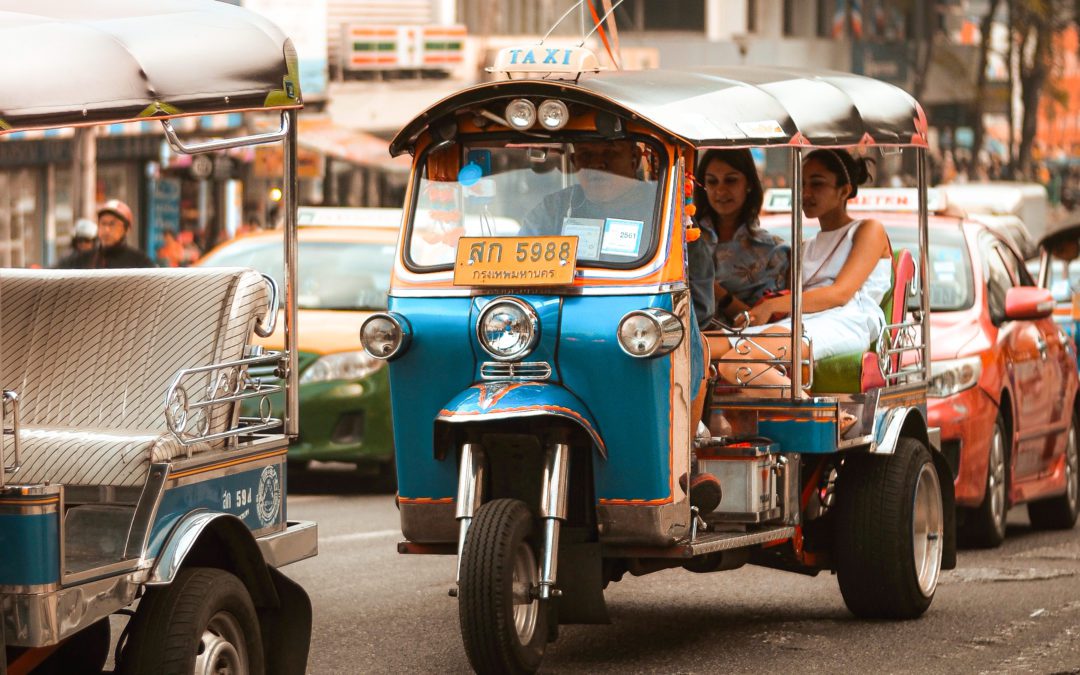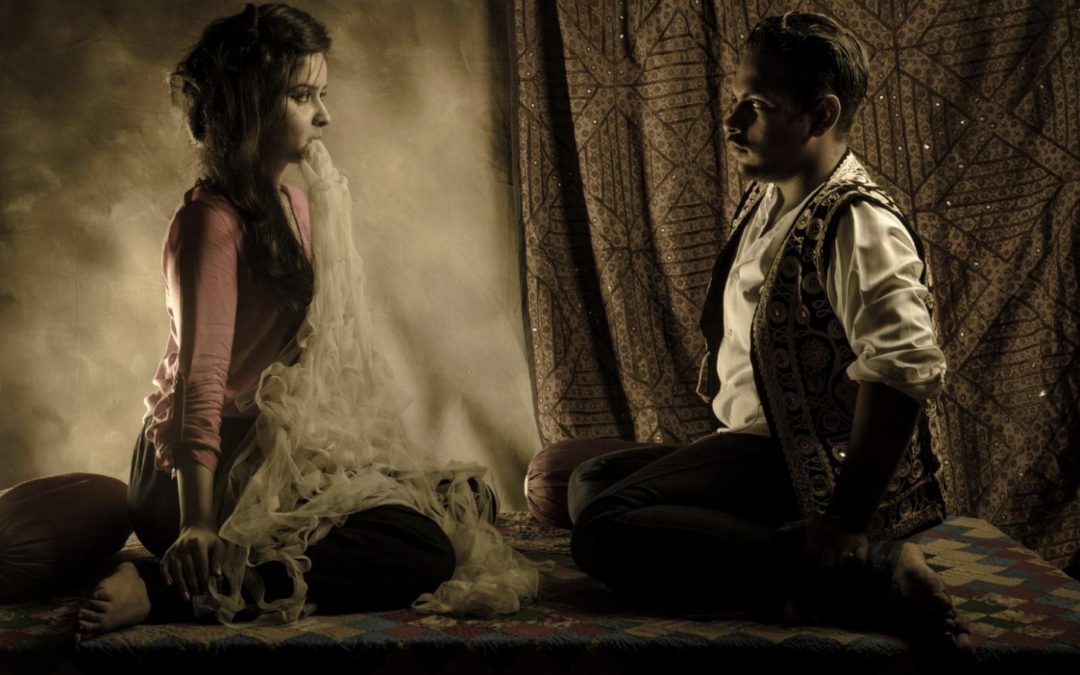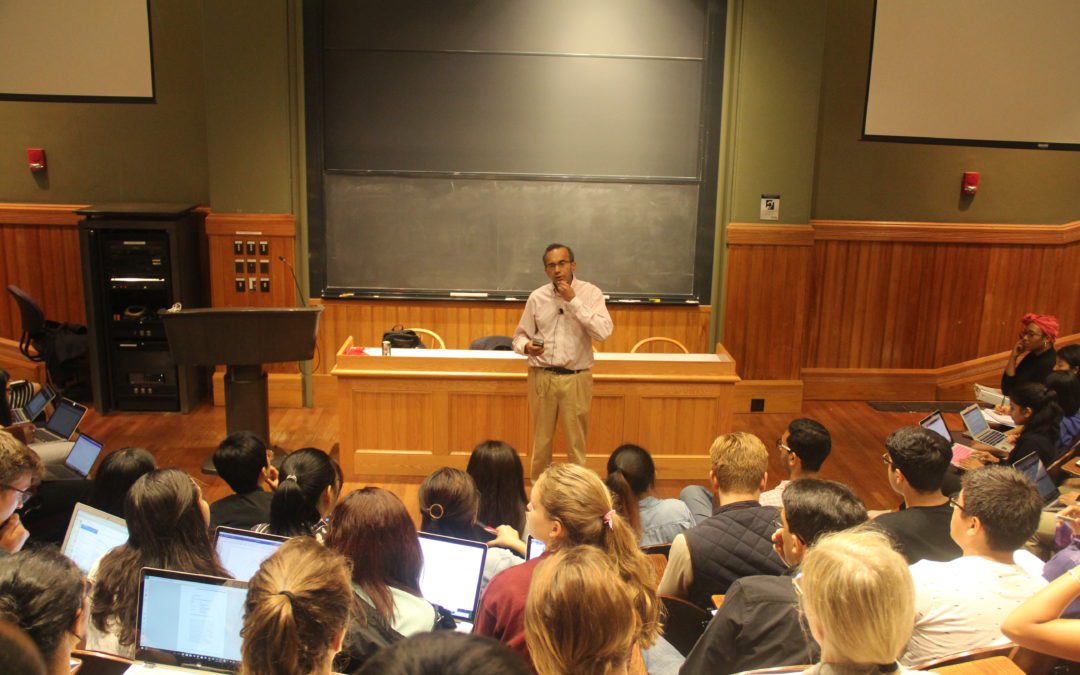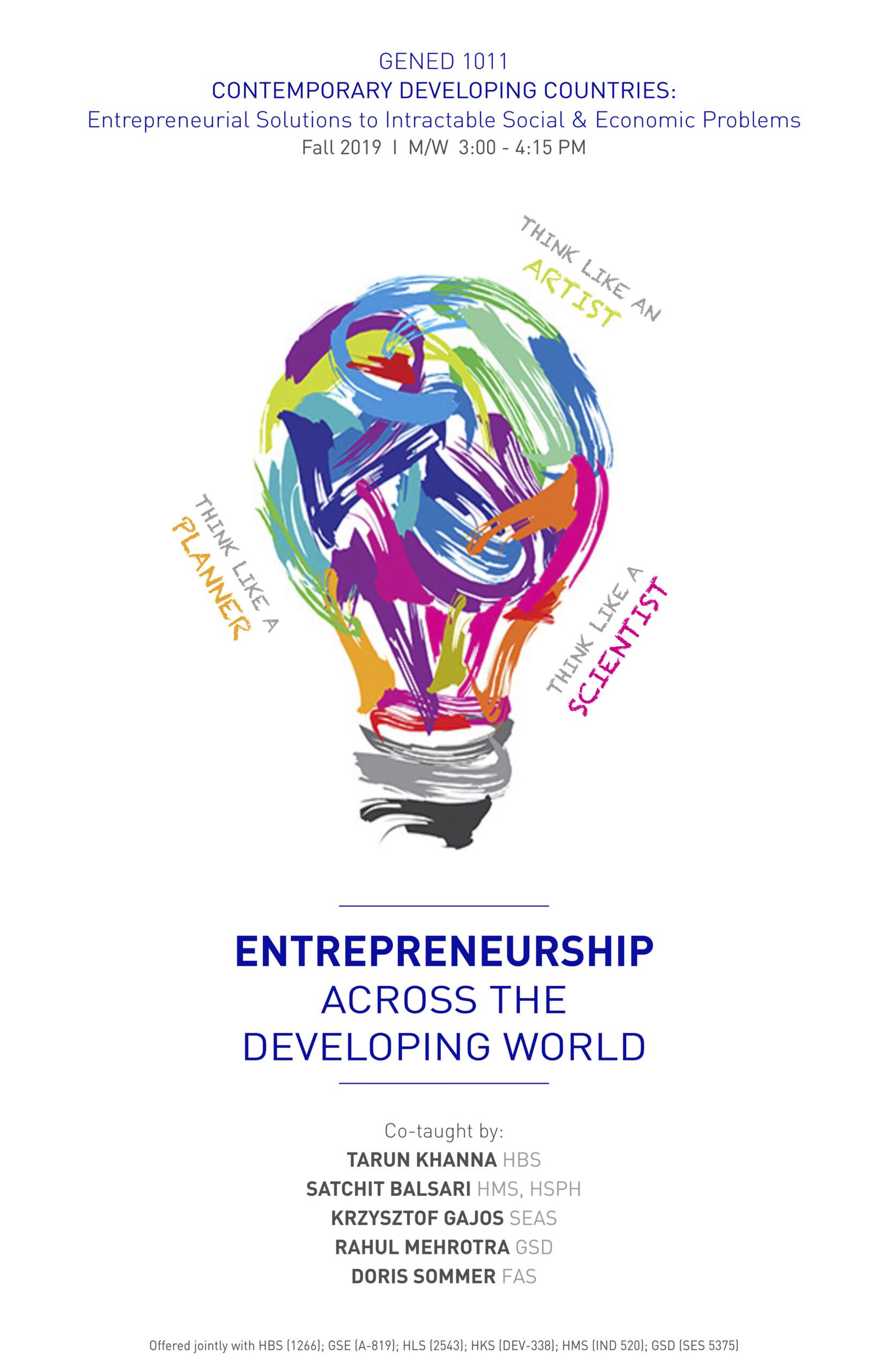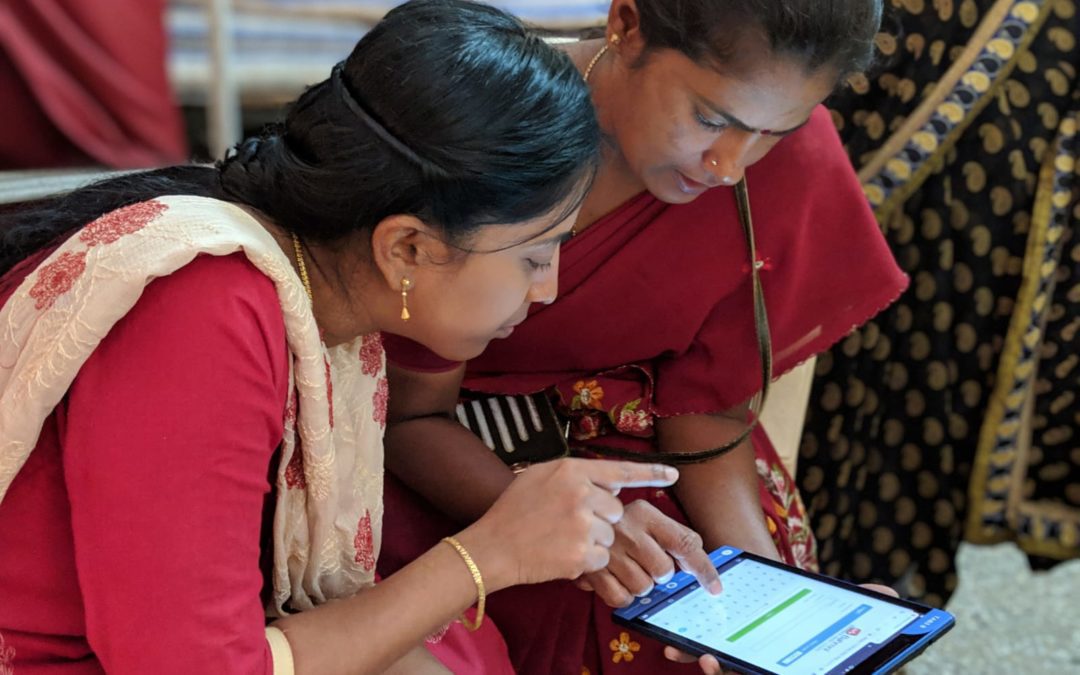Under the Microscope with the B4 Science Program
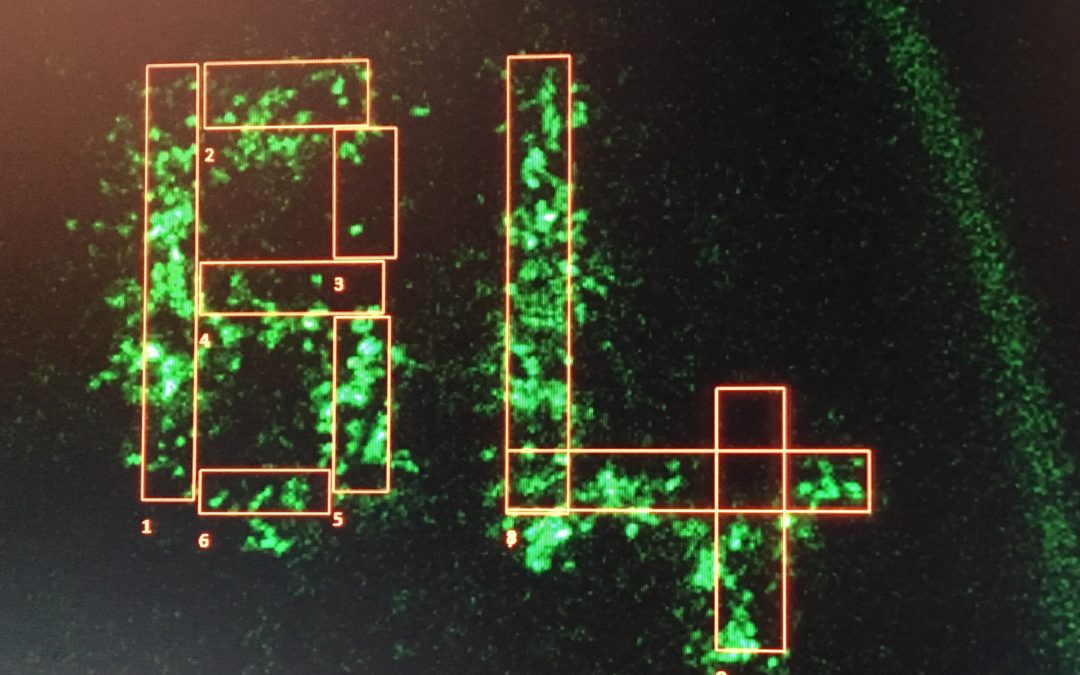
The Mittal Institute’s Building Bharat-Boston Biosciences (B4) program works to establish connections between institutions in India and Boston to promote scientific research and build new knowledge in the field of biosciences. Each year, the B4 program holds two workshops in India that convenes a group of talented Indian university students and introduces them to the latest developments in the life sciences. Over the summer, one of these workshops was hosted at IISER in Pune as part of the program, bringing in 25 students from universities and institutions all across India to receive training from experts in Advanced Light Microscopy techniques, ranging from basic microscopy to super-resolution imaging.

